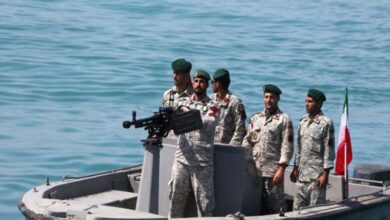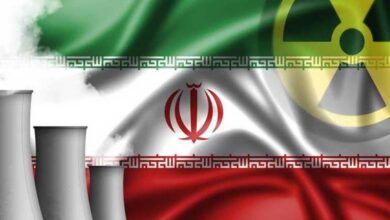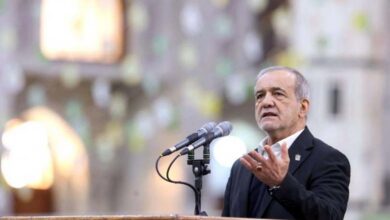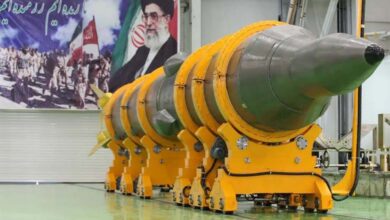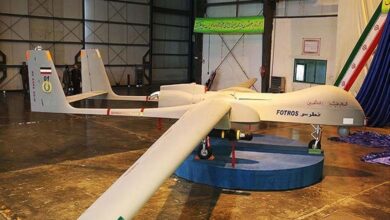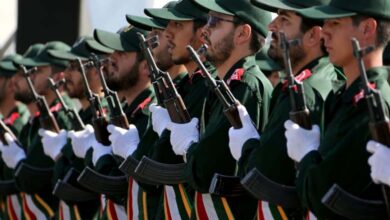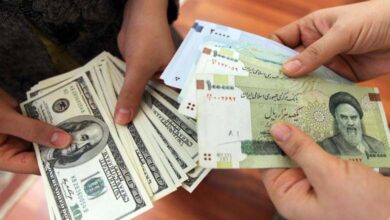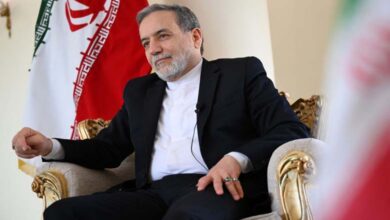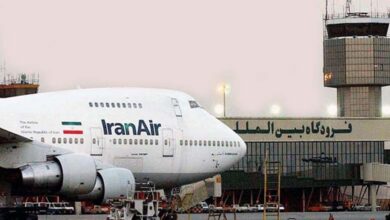Al-Sadr’s use of the term Arabian Gulf provokes Iranian anger
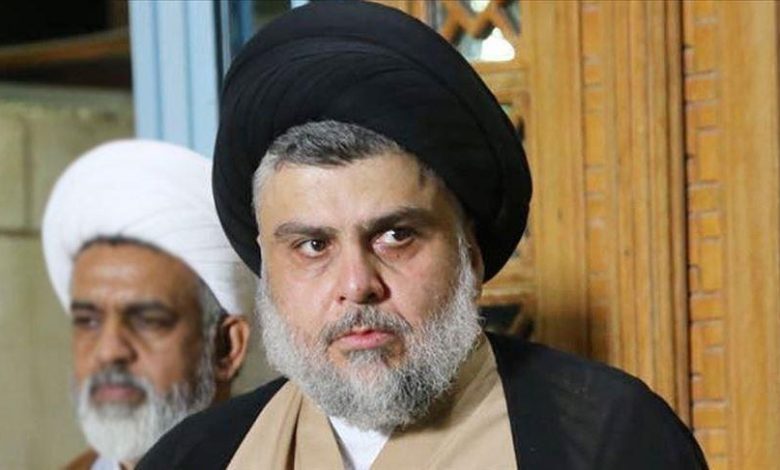
The use of the term “Arab Gulf” by the leader of the Sadrist Shiite movement in Iraq, Moqtada al-Sadr, has infuriated Iranians on social media. Some have demanded the Ministry of Foreign Affairs of their country to quickly lodge an objection with the Iraqi authorities.
The term Persian Gulf is rejected by Iran, which has always lodged formal protests in international forums, demanding the use of the term “Persian Gulf”.
In a welcoming statement on the occasion of Basra’s hosting of the Gulf Cup, Al-Sadr said, “By the name of Almighty, our honored Arab guests, from the (Arab Gulf) countries, welcome you.”
“You are welcome in your glamorous eyesight, and if you visited us, you would find that we are the guests and you are the master of the house.”
Al-Sadr called on everyone to respect this. “We must avoid conflicts, disagreements, and corruption, because this is damaging to the reputation of Iraq and Iraqis,” he said.
— مقتدى السيد محمد الصدر (@Mu_AlSadr) January 6, 2023
“It is also good to make the public, especially the Iraqi national team, aware of their attendance at matches, so that they are either free of charge or for nominal wages,” he said.
The 25th Khaleeji Cup opened Friday evening at the Palm Tree Trunk Stadium in Basra province. Prime Minister Mohammed Shia’ Al Sudani, the first Prime Minister of Iraq, attended the event.
Iranian tweeps considered the Shia leader’s use of the term “Arabian Gulf” as a message of direct defiance to Iran.
Iranian Twitter users attacked al-Sadr, demanding that the Ministry of Foreign Affairs in Tehran formally object to the term.
They also accused him of working for France and Britain. One of them said: “You don’t want to go and write slogans on the wall of the French embassy.
Iraqi activist Al-Nasser said, “al-Sadr’s speech carries a strong message with its political content, through which he is proud and proud of his affiliation with the Arab Gulf and his categorical refusal to call it, as the Iranians claim, the Persian Gulf.. Let the other understand the reasons for your departure from the political scene.”
Iran insists that the Gulf is “Persian” and not Arab, which has sparked a historical animosity with the region.
The dispute between Iran and some Arab countries over the name of the waterway dates back to the 1960s, when the idea of an Arab League and Arab nationalism emerged. The name Arabian Gulf became common in most Arab countries.
Iran uses the name “Persian Gulf” and does not recognize the term “Arabian Gulf” or “Gulf” and sees the latter as an impartial usage that results in the renunciation of the historical name of the waterway.
Most Arabs currently consider the name “Arabian Gulf” to be historic and ancient, and that it is justified because two-thirds of the Gulf coasts are located in Arab countries, while Iran overlooks about one-third, and that even the Iranian coasts are inhabited by Arab tribes, whether in the north (Ahwaz region) or in the north-east in many cities of the Bushehr region.
The Arabs are also the inhabitants of the two most important inhabited islands in the Persian Gulf, namely Bahrain Island and Qeshm Island.
The rift between al-Sadr and Iran became clear through his efforts to form a government of “neither Eastern nor Western”, which means “neither Iran nor America,” after the victory of the Sadrist Bloc in the early legislative elections in the fall of 2021. Al-Sadr decided to withdraw his deputies and retire his political activities once and for all, after Kazem Haeri, a reference to the tradition of al-Sadr supporters, announced his retirement from religious work.
Observers say that the resignation of Haeri, who has lived in Iran for decades, was not an optional act, and that it came under pressure from Supreme Leader Ali Khamenei to pull the cover of the reference on the movements of al-Sadr and his supporters, especially after they had moved to a stage similar to civil disobedience to force the parliament to resign and push for new elections. Observers noted that the removal of Haeri was aimed at stirring internal confusion within the Sadrist movement and widening the circle of disagreements, especially since al-Sadr cannot play the role of reference.


